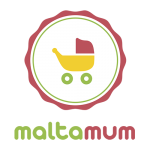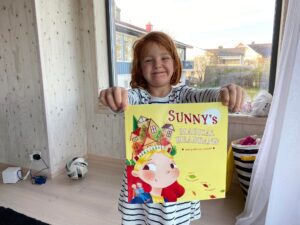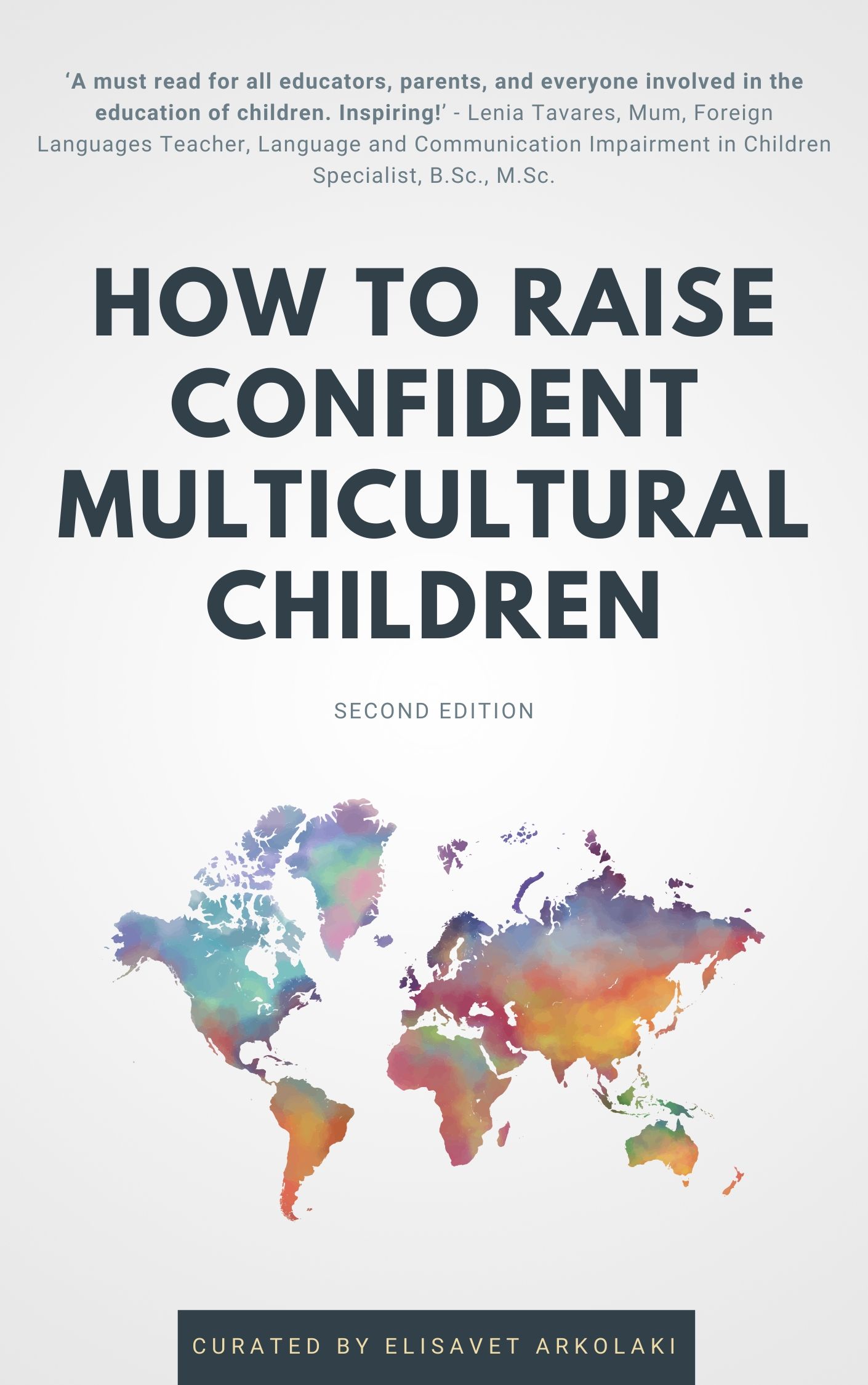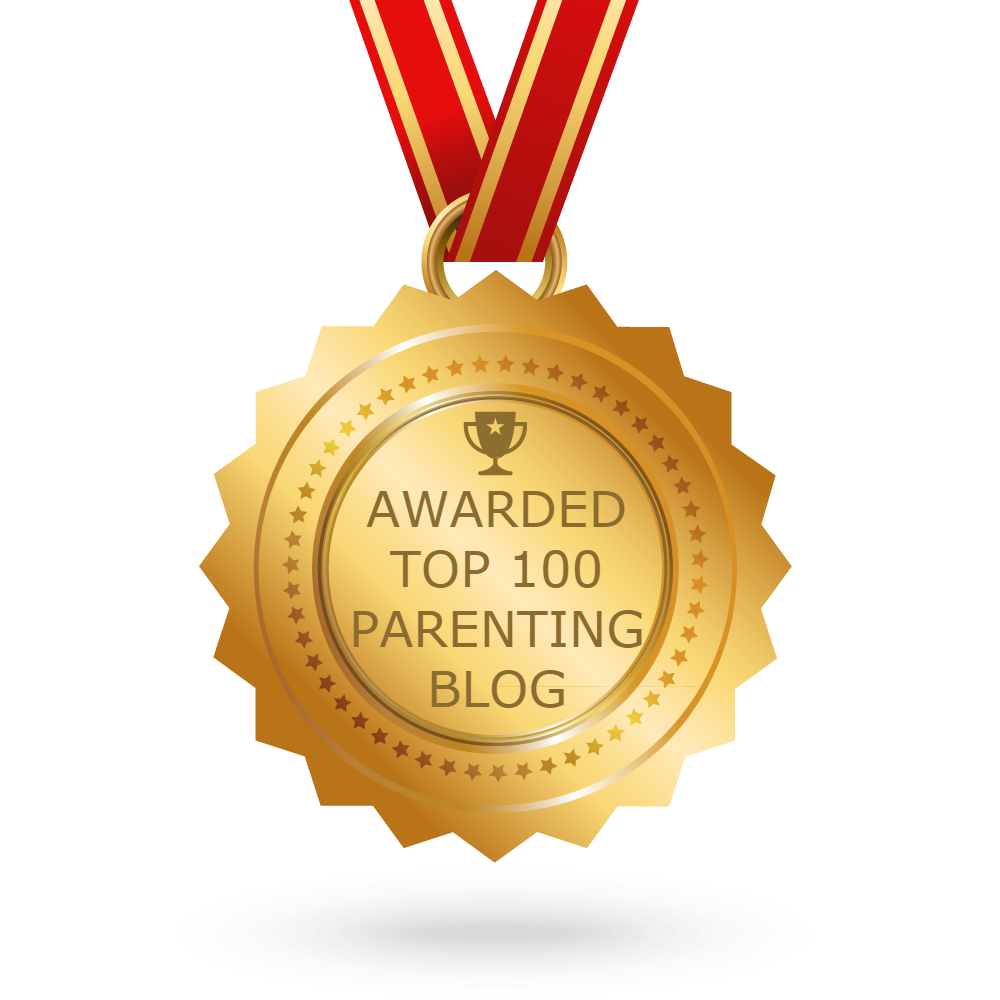Nutritional needs of new mothers – LACTATION – a short guide

Guest post by Nutritionist, Mirela Burhuc*
After giving birth, you would definitely need again extra calories and nutrients. There are two reasons why:
- To help your body to recover
- To be able to produce milk if you decide to breast-feed your baby
Unfortunately my story was on the side of not being able to breastfeed my child and as much as I regret it, I know I couldn’t do anything to improve the situation all of a sudden. As I said in the previous guide on pregnancy, I wasn’t prepared at all and unluckily the hospital experience was a total nightmare. My son was having a difficulty in suckling and even if I wondered why, as my brain knew that this should be a primitive motor reflex that any baby should have, no one helped me with an answer or proper advices. Maybe it sounds unusual for the country I live in right now but back in Romania, the hospital experience was more like: “live or die” with no exaggeration and some help was coming only if one had made the pockets of some doctors or nurses to be “heavier than usual” if you know what I mean. That time, no nurse showed any concern regarding this subject, I was even advised not to care much about it because “nowadays, most of new mothers do not breastfeed their children”. And no, I didn’t like how this “fashion” sounded like but with my son’s inability of suckling, the development of mastitis and nutritional gap, lack of food, I didn’t even have milk more than maximum 2 weeks.
So the worse of the worse came: milk formula. And imagine the consequences: vomiting, allergies, diarrhoea. It was just a complete nightmare. The sleepless nights came one by one for years, so many trips to the hospital, emergency room, dermatologists, paediatricians.
I guess you read somewhere the difference in children fed with milk formula and the ones breastfed and the health risks exposed in some. The list with middle ear infection, gastroenteritis, pneumonia, eczema, allergies, enterocolitis, urinary tract infection is not a fake one but very much true and my son got them all in his first year of life.
So if you are not yet decided about breastfeeding or not, read twice and remember also that there are 400 nutrients in breast milk that are NOT in milk formula! And as you can see is not only about saving time and money, is about the future of your child’s health!
Maybe you might say that I am not totally entitled to come today and give you, the future mother advices on breastfeeding your child and you might be right, but in fact what I am doing is to share my experience and make you conscious to get prepared and if possible, take any courses available on breastfeeding just before. Trust me, it can be very stressful and you might feel helpless if not.
And not having had my child breastfed doesn’t mean I don’t know how the nutritional status of a new mother should look like in order to recover herself and nourish the child. But I was just an unlucky mother in this regard. And I definitely know that “while breastfeeding may not seem the right choice for every parent, it is the best choice for every baby”. No doubts!
Nursing not only helps the mother to lose the unwanted weight she gained through pregnancy but is also vital for her emotional balance and to build a bond with her new baby. Also, during breastfeeding a very important hormone – oxytocin is released to help contract the uterus of the mom to normal size and health.
Before going into nutritional needs of a breastfeeding mother, let me give you some information of how the milk is produced and maybe this will help you take in a way better decision based on some knowledge of your own body’s functions and needs.
Prompted by the hormone prolactin, the grapelike sacs called alveoli take proteins, sugar and fat from your blood supply and make breast milk. It is such a miracle, isn’t it? After that, a network of cells surrounding the alveoli squeeze the glands and push the milk out into the ductules which lead to a bigger duct. Your milk duct system becomes fully developed sometime during your second trimester, so you can make milk for your baby even if he arrives prematurely.
After delivering your baby you will begin to produce milk on a “full scale” within 48-96 hours. But second time mothers experience the production earlier than that.
Once you expel the placenta, the hormones oestrogen and progesterone decrease their level in the body but the prolactin hormone rises. This is a pituitary gland hormone, called also the mother hormone, which signals your body to make lots of milk.
So that is in short what is happening and as you could notice, the proteins, sugars and fat are giving the milk the healthy consistency.
Now, regarding nutritional needs for this time, mothers should know that it is not a big difference from the Pregnancy time but it could be a need of some more nutrients lost through pregnancy and reduced needs for a few others. Please have again a look on them and add the new ones exposed here.
NOTE: Keep in mind that nursing time is not the perfect moment for losing weight in term of consuming less calories because that might diminish the milk production. Also if you decide to resume smoking or you don’t drink enough fluids, it may affect as well milk production.
Because the newborns are still developing and their immune system is still immature, it is up to the mothers to protect their children from illness by giving the right nutritious milk. All you ingest, dear moms is transformed in nutrients that enter the milk thus your child. If you ask how long is healthy enough to breastfeed I would say that minimum 1 year is ok if you can’t do more but if you can, you should continue for two years or longer to breastfeed your child!
As an information, the first milk produced by the mother (because even milk has few stages changing in colour and texture during nursing) is very important for the child. It is called colostrum and has beneficial antibodies called immunoglobulins that strengthen your baby’s immune system. So, even if you can only nurse for a month or so, it is still helpful for your baby. Also, please keep in mind that breastfed babies get hungry on average every 1 1/5 – 2 hours, and nurse for about 15 minutes or so on each side, but as said this is just the average. Most babies do not behave as the ‘average’ baby, so time and feedings can vary in length. No need to be bothered by this. Just keep on nursing on demand, as frequent nursing stimulates the breasts to produce increasing amounts of milk to keep up with the baby’s needs. I guess the mother’s instinct and the way of how the child’s feels and acts is the best way to look at in this regard.
My suggestions are:
– Eat wholesome foods and not the same foods all the time! You have to allow your body to take a large spectrum of antioxidants, minerals and vitamins so the variety is the key!
– Don’t skip the meals! I can understand that breastfeeding could be a tiring job, especially being most of time “on demand”. You could feel so tired that eating on a regular schedule would be the last thing you are willing to keep in mind. But IS ESSENTIAL! Firstly because it helps to keep your immune system up and secondly to help you produce enough milk containing the right nutrients for the baby.
So, take care of yourself to be able to take care of your child!
A good idea of how to make things easier and stress-free might be to get little bit organized and plan ahead. For example if you need to go out with your baby, prepare a bag with some nutritious snacks for yourself as well (fresh fruit, protein home – made bar, water or water mixed with fresh fruit juice in case you don’t take your fruit). Also, try to plan healthy meals that can be prepared quickly.
– Chew well your food! Why? Because saliva contains alkalizing enzymes. The longer you chew the more alkaline your food becomes. In this way it will become easier to digest too and the nutrients will be broken down and enter in the right amount in the milk.
– Some babies can be very sensitive to the foods you eat so if you notice symptoms like colics, bloating, wind, diarrhoea, vomiting, bronchitis, wheezing, runny nose, skin rashes, please look into the foods and try to avoid: cow’s milk and other dairy’s products, eggs, nuts, wheat products, citrus fruits, caffeine, chocolate, garlic, cabbage, cucumber, spices.
– Watch out for herbs and stick only with the safe ones for lactation time such as raspberry, peppermint, red bush, chamomile, rosehip – but even these to be drank in moderation. Better consult a reputable herbalist before taking any of these herbs.
– A calcium rich diet is necessary because a percentage of body’s calcium of the mother is used for the production of breast milk. BUT keep in mind that calcium is NOT absorbed from unfermented dairy products thus not necessary. It is true that milk contains calcium but actually, contrary to mainstream belief, pasteurized homogenized milk is nowadays a very undesirable beverage and can cause bone loss. Highest alkalizing sources of calcium are: yogurt, cabbage, broccoli, spinach, lima beans, collard greens, sesame seeds, flax seeds, almonds. If you want some milk-substitute, try home-made almond milk.
– The nutritional requirements during lactation are not only related to calcium but to all nutrients especially vitamin A, C, Zinc, Folate (folic acid requirement is not as high as during Pregnancy time because mother’s blood volum decreases); also extra B vitamins may be helpful for the mother for stress and fatigue due to sleep deprivation BUT keep in mind that high amount of B6 can reduce milk production.
– Water is the main ingredient of mother’s milk so please, keep in mind that adequate fluid intake is necessary. And please, don’t drink soda or processed juices!
– Many drug medications will get into your milk on some degree so avoid them as much as possible and check with your child’s doctor to be safe.
And few more important things, dear moms, don’t forget that your comfort is important so:
– Get deep breathes and laugh often! We forget sometimes because we are focused on so many tasks at one time. But remember that breathing is vital to have adequate tissue oxygenation and laughing oxygenates your body making available the releasing of natural painkillers called endorphins and reducing also the stress (which can deplete the body of nutrients if on a long term).
– Get your D vitamin in its most absorbable form through sun exposure.
– Don’t use sun block lotions – many of the chemicals used to block UVA and UVB sun rays are highly toxic and create an acidic environment in your body.
– Try to do exercises to stimulate your health.
– To maintain good milk production use both breasts regularly and relax before and after nursing.
– Some mothers told me that using organic olive or coconut oil on their nipples keeps their skin healthier and aids nursing too.
The best advice you can receive on lactation and breastfeeding issues are coming from a lactation consultant, but the basic nutritional rules are the ones coming from a nutritionist. Ideally you should consult both should you have any concerns.
Best of health and plenty of wisdom, dear moms!
*Mirela Burhuc is a highly educated, strong mummy, with her driving force being the love for her son. She graduated as a teacher from the Faculty of Letters, History and Theology in Galati, Romania, and later on enrolled to the Faculty of Psychology and Sociology. Her studies were interrupted in 2008 when her child got diagnosed with Autism and ADHD (Attention Deficit Hyperactive Disorder), along with severe mental retardation and significant behavioural disturbance in a hospital for infantile psychiatry. A painful divorce followed shortly after, and since then on her life has followed many different routes. She now lives in Malta and works as a nutritionist; Diploma in Nutrition with Distinction by The Blackford Centre for Nutrition. To achieve the Diploma, she had to pass 15 written assignments, all based on practical, real life clients. You can read more about her story, her services, and get in touch with her on www.healthashore.com
Category: Guest posts, Resources for Malta Mums


















